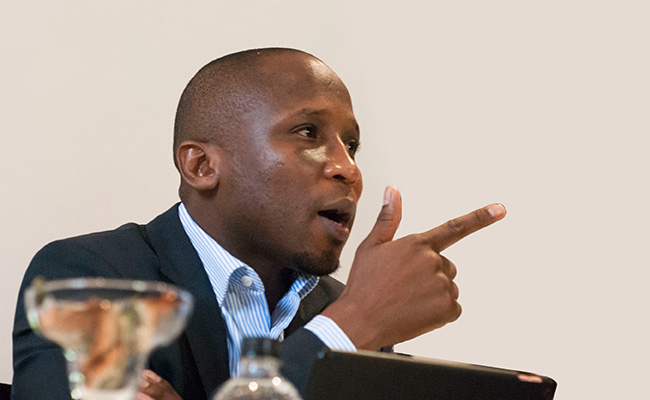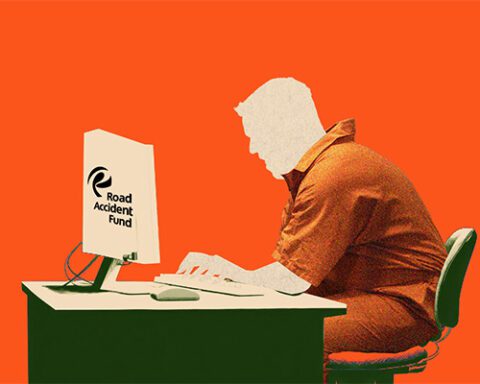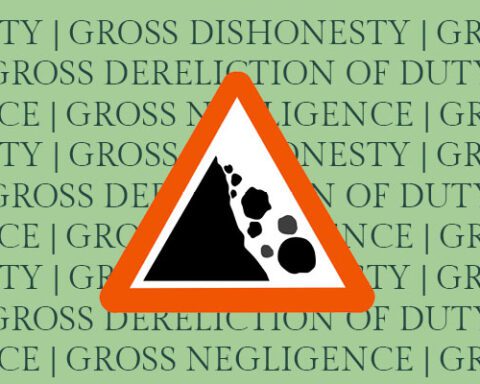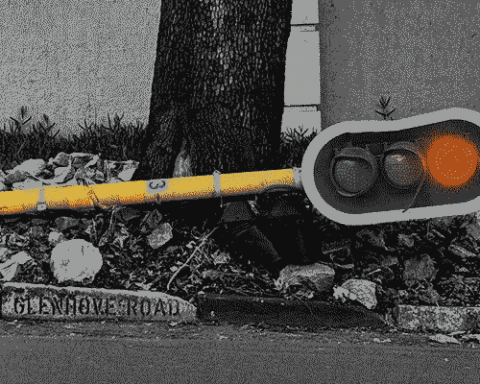The Road Accident Fund (RAF), a bankrupt state-owned entity which has thousands of court execution orders against it, has taken the South African Revenue Service (Sars) to court in a bizarre bid to challenge a R5.1bn agreement between the tax administrator and Eskom.
This emerged at parliament’s standing committee on public accounts (Scopa) this week, raising fresh questions over the governance of the RAF and the apparent lack of political oversight of the entity by the government.
It is a case that has left lawyers and politicians astounded, as the RAF – one branch of government – is suing Sars, another branch, despite a mediated settlement with Eskom that does not even directly affect the RAF’s legal rights.
However, the Eskom-Sars agreement does significantly impact the RAF’s funding in a roundabout way, as Eskom – already under financial strain – secured a mediated tax rebate settlement during Covid. As a result of the rebate, the RAF – which is funded through a tax levy – was overpaid, Sars claims.
As a result, Sars has told the RAF it plans to reduce payments to the fund over the next three years to align with its settlement with Eskom. And any reduction in funding to the RAF is a big deal, as the fund is massively underfunded and bankrupt, with estimated liabilities amounting to about R300bn.
Collins Letsoalo, the CEO of the RAF, told the Scopa meeting this week that in November, Sars told it that the R5.1bn was due to Eskom, and this would be deducted from the RAF’s monthly grant.
“They said, we’ll take R2.5bn and R2.6bn in January and February,” Letsoalo said. “The question was, so for how long were you sitting with this and not telling us? And that’s the beginning of it.”
Letsoalo said Sars refused Eskom this rebate since 2019, but suddenly, it entered into a settlement agreement to pay. “Our argument is simple: [it’s] that the CEA [Customs and Excise Act] is very clear about what they must do and monies that they’re due. And we are saying this is not due, in our view, and therefore they can’t deduct that money.”
In response, Scopa chair Songezo Zibi asked whether the position of the RAF was that Sars was in breach of its payment requirements to the RAF, or whether its position was that Sars was not legally required to grant a rebate to Eskom. “In effect, you are stepping into the breach to set aside a decision between the South African Revenue Service and a taxpayer,” Zibi asked.
Letsoalo responded: “Yes, absolutely. Chair, this thing must be done in terms of the law. We are saying people must follow the law. The law says you must audit the certificates.” He said Sars was supposed to issue a bimonthly audited statement in line with its grant, but this had not happened for about seven years.
The RAF has already won an urgent interdict against Sars in the matter, which is currently still being heard.
Unvetted and unnecessary
Besides this bizarre lawsuit, the Scopa meeting also discussed at length the RAF’s appointment of an acting chief investment officer (CIO), Sefotle Modiba, who Currency previously reported had left the City of Joburg under a cloud following billions in unauthorised transfers to now defunct Gupta-linked financial manager Regiments Capital.
Members of the committee cross-questioned Letsoalo about Modiba’s appointment, particularly as he has been in an acting position for more than three years pending a legal vetting process which has not been completed.
DA Scopa member Patrick Atkinson asked: “What kind of investments is the fund making that you need [a] CIO in the fund? Because to my mind, if you do have a liquidity requirement and you need to have a lot of cash on hand to be able to pay people out, you shouldn’t be doing anything more than having a cash call account or money on call with a bank?”
Letsoalo, however, challenged the idea, suggesting Modiba might otherwise be called a “treasurer”.
“We’re going to get into a space where generally how we manage is different. Atkinson may want to call an investment officer a treasurer. It’s semantics, what you call them,” he said. “We have decided to have a CIO for obvious reasons. Our reason was that in our view, we were going to get to a point where we are allowed to pay in instalments. That means asset and liability-matching, [which] means you must go and buy assets and manage those assets for the liabilities that you have on your books.”
Zibi, however, then clashed with Letsoalo, suggesting he had changed his testimony from his previous visit to Scopa, where he claimed the RAF was not involved in asset management.
After the meeting, Zibi said: “The RAF has not to date made a case for the chief investment role in its structure when it has no investment assets of any consequence. It is also deeply concerning that the RAF has, for an unacceptably long time, employed a person in the role who is unvetted despite the supposed importance of the role.”
This week’s debacle in parliament suggests that the RAF doesn’t seem to consider itself a state-owned entity accountable to anyone – let alone taxpayers.
Top image: RAF CEO Collins Letsoalo. Picture: Gallo Images/Thapelo Maphakela
Sign up to Currency’s weekly newsletters to receive your own bulletin of weekday news and weekend treats. Register here.










